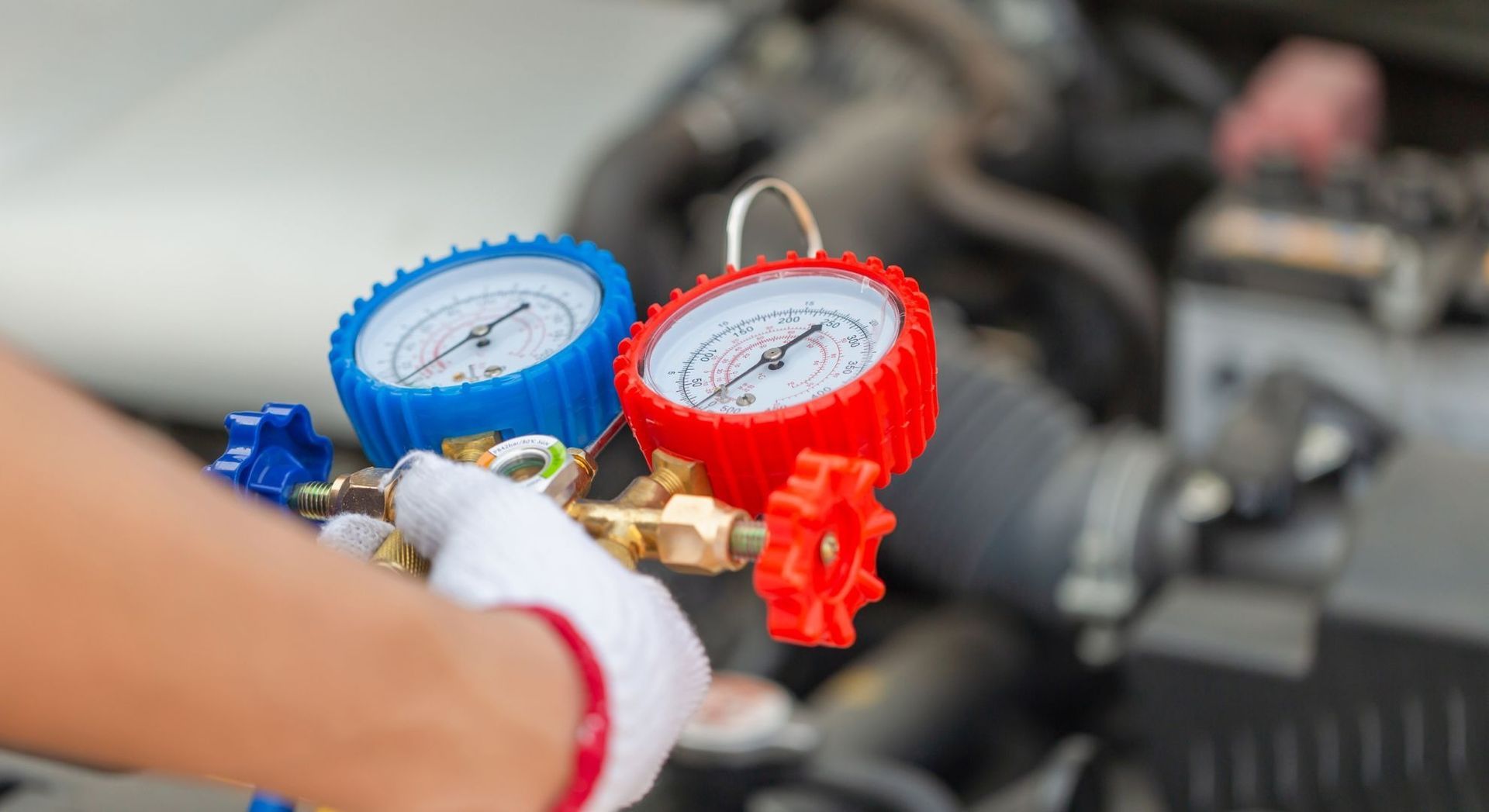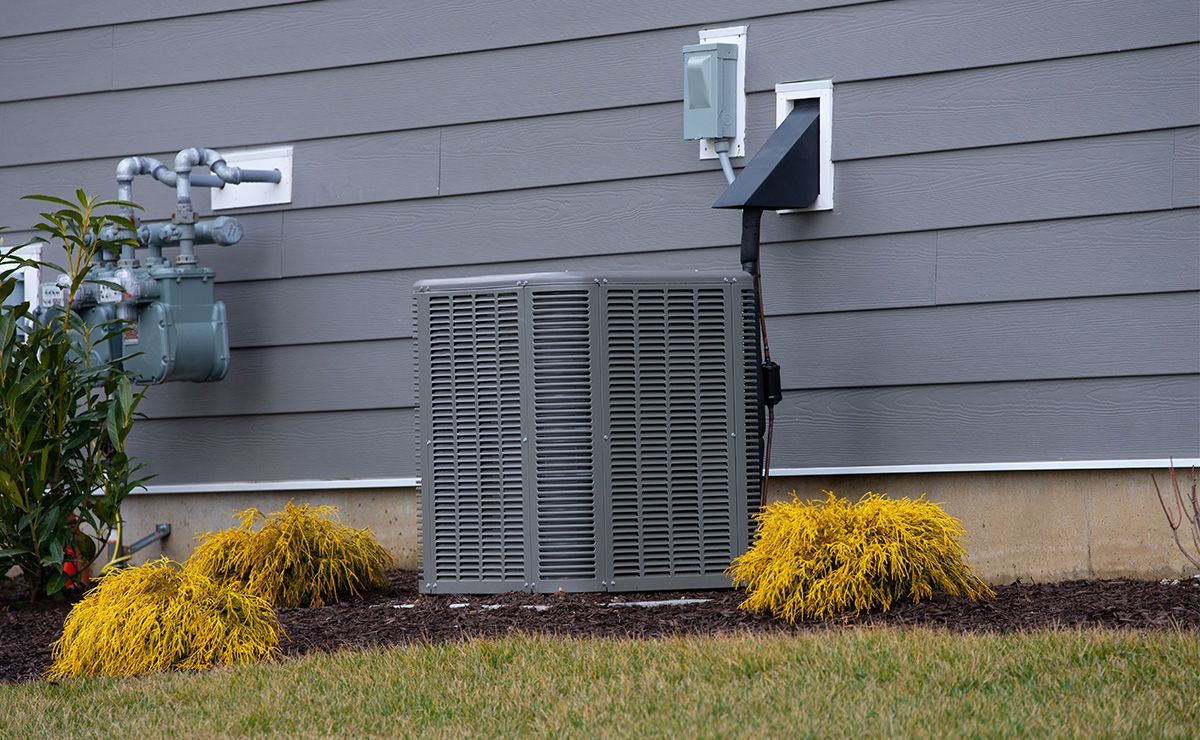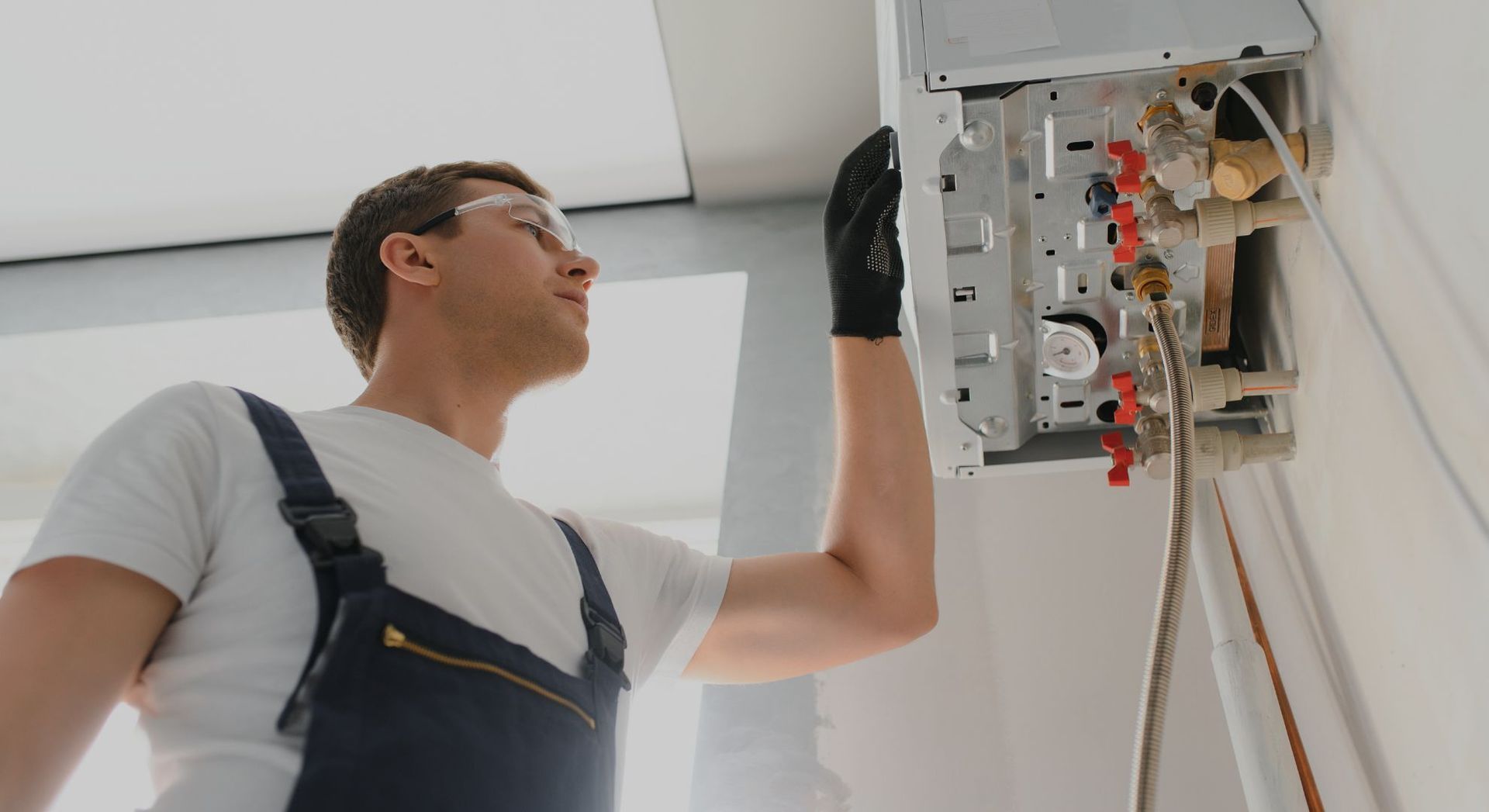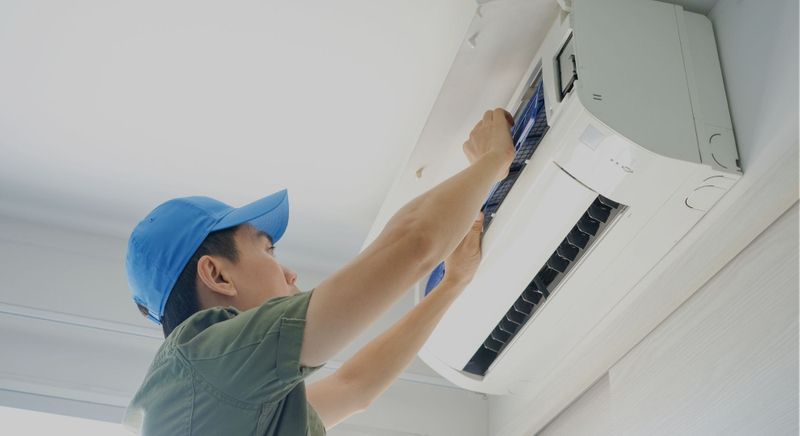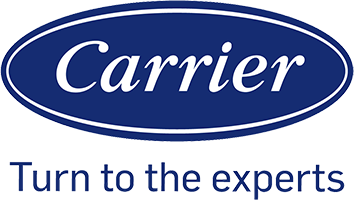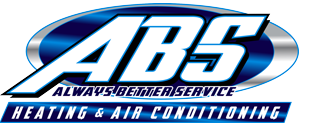What's The Difference Between a Central AC And An AC Unit?
What's The Difference Between a Central AC And An AC Unit?
At ABS Heating and Air Conditioning, we understand that choosing the right cooling system for your home in Campbell, CA, can be a challenging decision. One common choice homeowners face is between central air conditioning and standalone AC units. Here are four key points that outline the differences between the two. Get a free quote today.
Cooling Coverage

Central air conditioning systems are designed to cool an entire home through a network of ducts. This ensures consistent temperatures across multiple rooms. In contrast, standalone AC units, like window or portable models, are intended to cool specific areas or rooms. If you only need cooling in one space, a standalone unit might be a more practical choice.
Installation Process

Installing a central AC system typically requires professional installation due to the complexity of ductwork and integration with the existing HVAC system. Our HVAC company specializes in this process, ensuring that your system is set up for optimal performance. Standalone units, however, are generally easier to install, making them a more DIY-friendly option.
Energy Efficiency
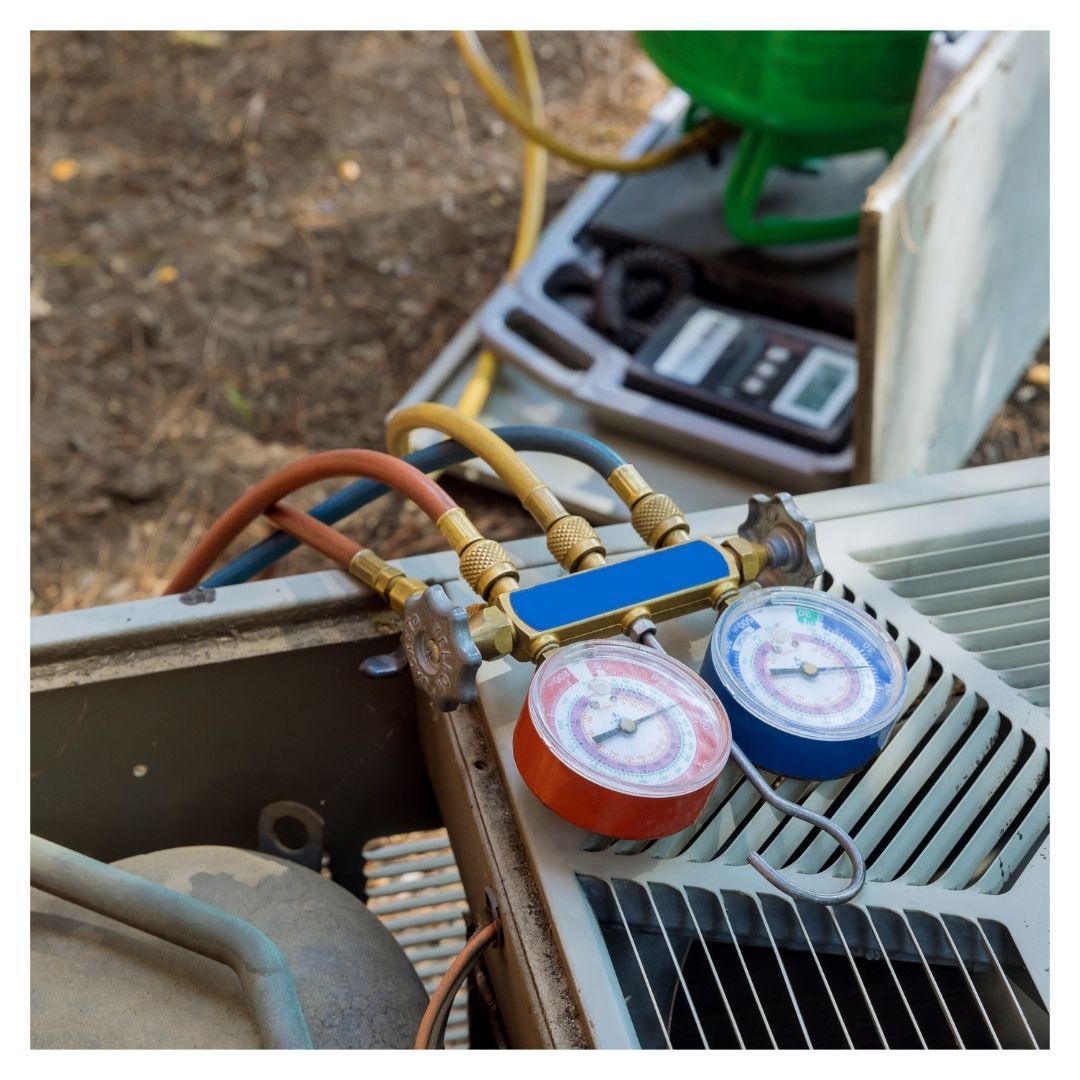
Central air conditioning systems are often more energy-efficient for larger homes, as they distribute cool air evenly and can be paired with smart thermostats for optimal control. Standalone units, while typically less efficient for extensive cooling needs, can still save energy by allowing you to cool only the rooms you occupy.
Maintenance Requirements

Both systems require regular maintenance to operate efficiently, including routine AC service and repairs. Central AC systems benefit from comprehensive check-ups to prevent issues with ductwork and airflow. Our team of HVAC specialists in Campbell is here to provide AC repair and service for both types of systems, ensuring that you stay cool and comfortable during the warm months.
